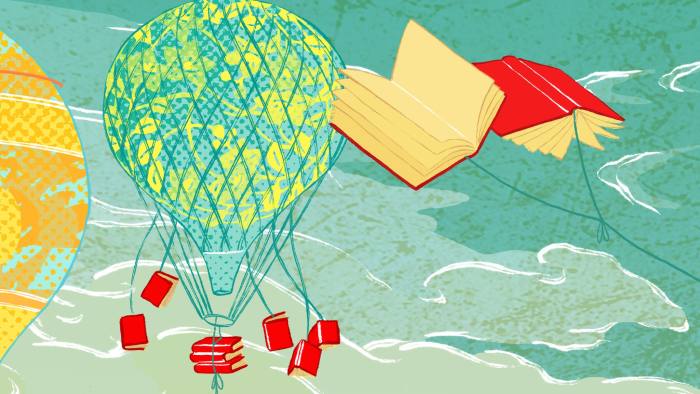While working in Tokyo in the 1990s, the film director Werner Herzog turned down a private audience with Emperor Akihito, explaining that he wouldn’t know what to say to the ruler. Instead, he asked for a meeting with Hiroo Onoda, the Japanese soldier who for almost three decades after the end of the second world war remained hidden in the jungles of Lubang, an island in the Philippines. For Herzog, fanatics are a kind of royalty.
The figure of Onoda is typically Herzogian. For half a century, the German director’s films have focused on the triumphs and follies of obsessive alpha males, from the crazed rubber baron in Fitzcarraldo to the titular bear enthusiast of Grizzly Man.
With The Twilight World, his intriguing but flawed debut novel, Herzog mixes fact and fiction to transform what he calls the “essence” of Onoda’s story into a literary fever dream about exile and feral living.

Onoda’s isolation began with a command. As the Japanese retreated in early 1945, the young intelligence officer was ordered to remain on the island to hamper the enemy’s progress through guerrilla tactics. Japan capitulated just a few months later. But for 29 years Onoda fought on, initially with several other soldiers but eventually alone. As his minor war of attrition continued — with the odd shot fired, a water buffalo slaughtered for meat — he became in Herzog’s narrative “an elusive and deadly mist, a rumour, a report”.
The island’s mass of flora is invoked to oppressive effect. Density and humidity are captured with sharp brevity. “Everything in the jungle is at pains to strangle everything else in the battle for sunlight,” writes Herzog. Onoda’s binoculars succumb to fungus, his uniform shreds, sounds amplify in ominous fashion. And time concertinas, moments blur into years. Leaflets explaining that the war is over are dropped by planes but dismissed by Onoda as trickery.
Herzog’s talent, on the page as on the screen, is in recognising the everyday in extreme situations, how the extraordinary becomes ordinary. Here, Onoda maintains his samurai sword with palm oil and builds shelters out of saplings: he is a warrior Robinson Crusoe doing his chores.
Yet this view of Onoda as a castaway is problematic. In reality, following Japan’s surrender, he went from being a soldier to a terrorist. Philippine forces were killed and local farms plundered during his campaign. Herzog chooses to avoid this issue in favour of mythologising. He also fails to differentiate between his protagonist’s sense of duty and what could be considered a form of mania.
A larger problem is that the novel, like its protagonist, is stuck in the jungle. To engage with the enormity of Onoda’s experience, the reader needs to understand the character of the young man who went into the undergrowth — his childhood hopes and family life — and his emotions during the years following his return to civilisation in 1974. Before his death in 2014, aged 91, Onoda married, farmed cattle and opened a youth camp. Sadly, Herzog spends little time on these essential bookends. As a result, deliberately perhaps, Onoda remains an enigma.
The Twilight World by Werner Herzog, Bodley Head £14.99/Penguin Press $25, 144 pages
Summer Books 2022

In the last week of June, FT writers and critics shared their favourites. Some highlights were:
Economics by Martin Wolf
Environment by Pilita Clark
Fiction by Laura Battle
History by Tony Barber
Politics by Gideon Rachman
Critics’ choice
Join our online book group on Facebook at FT Books Café
Stay connected with us on social media platform for instant update click here to join our Twitter, & Facebook
We are now on Telegram. Click here to join our channel (@TechiUpdate) and stay updated with the latest Technology headlines.
For all the latest Art-Culture News Click Here
